Menu:
- Home
- TAC-G
- Calendar
- Cybersecurity
-
Projects
- Plans & Documents
- Tribal Medical Reserve Corps
- Tribal CERT
- Tribal RACES
-
Blockwatch
-
Interoperable Communications
- Nation to Nation
- Legislative
- Links
- Grant Opportunities
- Critical Infrastructure Protection
-
Tribal Public Health
- Tribal GIS
-
Public Information Officers
- Upcoming and Past Conferences
![]()
Upcoming Events
NWTEMC Tribal Partners

Colville Confederated Tribes
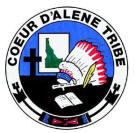
Coeur D'Alene Tribe
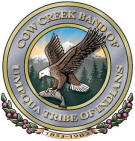
Cow Creek Band of Umpqua Tribe of Indians

Cowlitz Indian Tribe

Hoh Indian Tribe

Kalispel Tribe of Indians
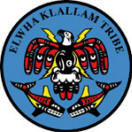
Lower Elwha Klallam
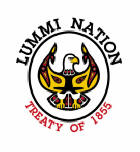
Lummi Nation

Muckleshoot Indian Tribe

Nez Perce Tribe
Nisqually Indian Tribe
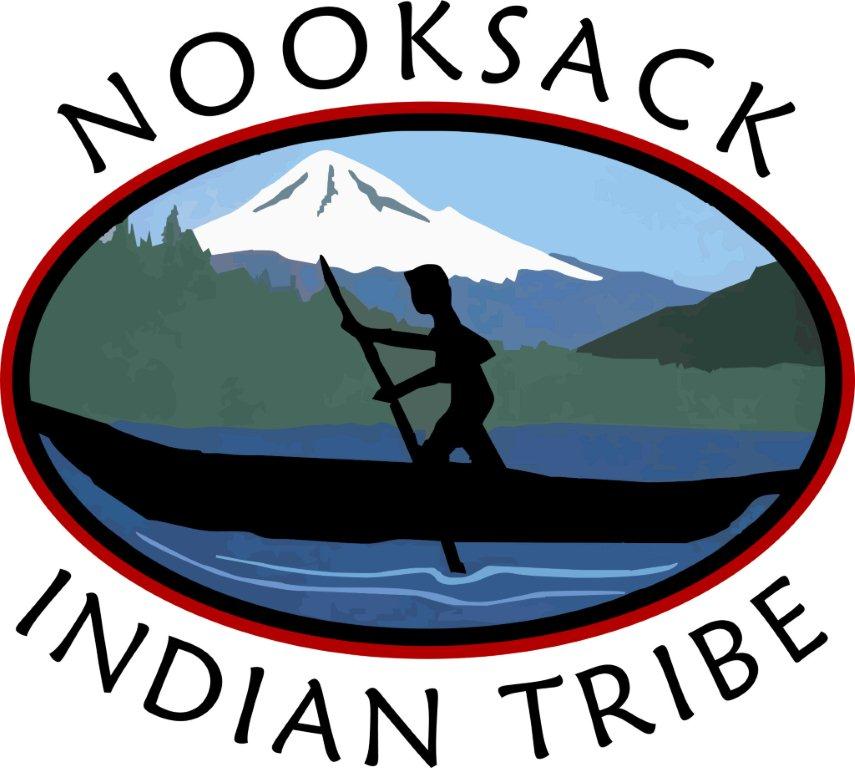
Nooksack Indian Tribe
Quinault Indian Nation

Quileute Nation

Samish Indian Nation
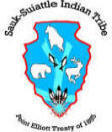
Sauk-Suiattle Indian Tribe
Scammon Bay Native Village, Alaska
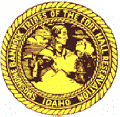
Shoshone-Bannock Tribes
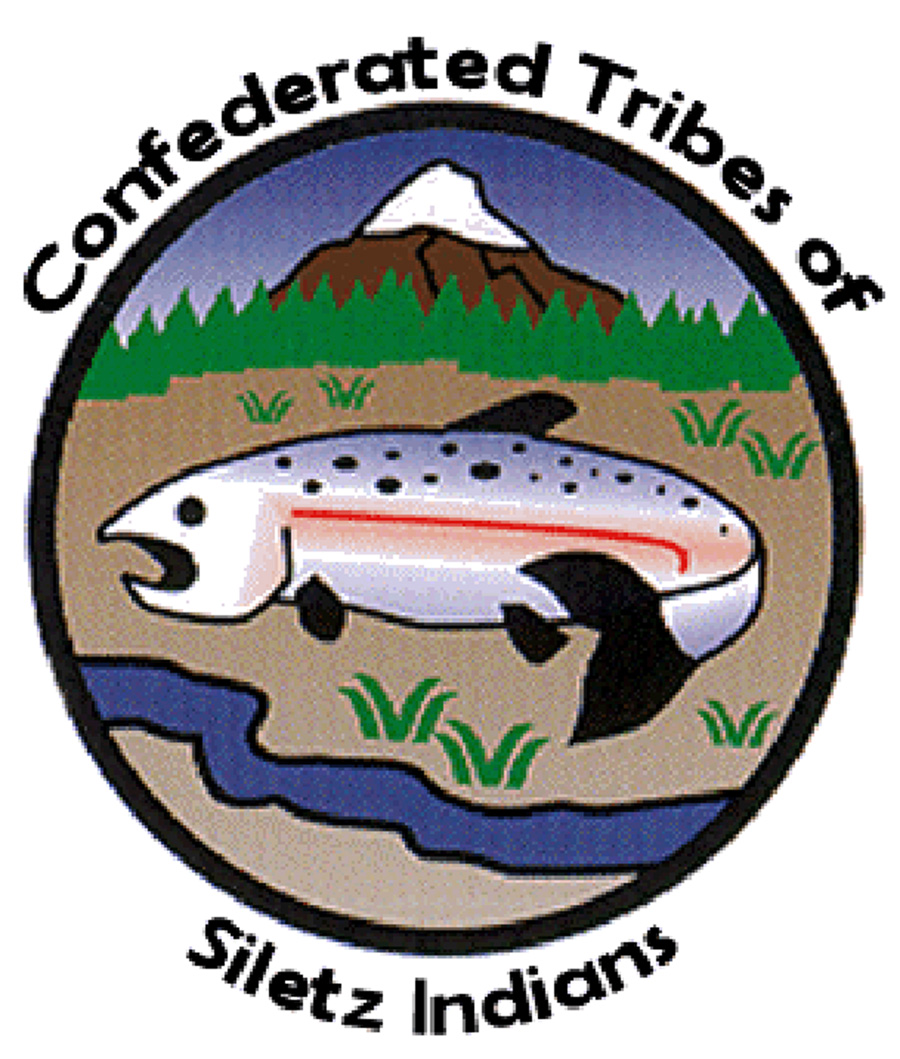
Confederated Tribes of Siletz Indians

Spokane Tribe of Indians

Stillaguamish Tribe of Indians

Swinomish Indian Tribal Community

Tulalip Tribes

Upper Skagit Tribe
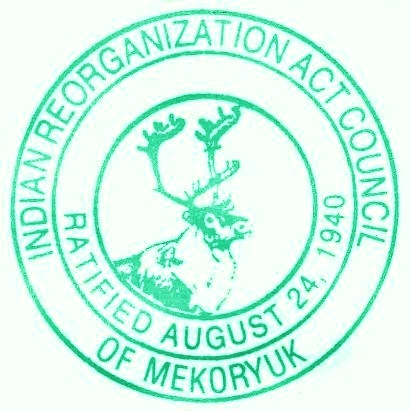
Village Council of Mekoryuk, Alaska
Continuity of Operations
Planning for Tribal Governments
not working? you may need adobe flash plugin
Continuity of Operations Planning (COOP) is
important for all organizations since floods, fires,
earthquakes and terrorist acts or other hazards can impact
all parts of the country. Tribal officials should plan
for continuing vital functions due to the important role
they play in supporting the Tribe and its members.
This video is FEMA’s initial effort to engage with Tribal
officials concerning the importance of COOP efforts and the
types of activities they should be exploring to ensure
continued service delivery of vital functions. FEMA
will soon be piloting COOP training specifically for Tribes
which we hope to be providing to Tribal representatives this
year. Please contact your State Emergency Management
Agency or FEMA Regional office for more information.
For more online training please visit:
http://training.fema.gov/IS/crslist.asp
For
Pan Flu Plans,
please click here:
Sample Pan Flu Plans
planning_legal checklist 10.23.06.xls
Resources Template with Letter to Dept.
Tulalip OEM example of Resources
Model TRIBAL National Flood Insurance Program
(NFIP)Ordinance provided by the Snoqualmie Tribe:
Snoqualmie_Tribe_NFIP
Ordinance-final -signed.doc
Added Sept 13th, 2007:
WA
State Avian Influenza Response Plan
This is being distributed by David Hodgeboom, Homeland
Security Program, Washington State Department of Agriculture
(WSDA). The plan provides an overview of the
roles, responsibilities and lines of communication among
local, state, and federal agencies that have
responsibilities in a “highly pathogenic avian influenzaâ€
(HPAI) animal disease emergency.
This plan was developed cooperatively by the Washington
Department of Agriculture, the Washington Department of Fish
& Wildlife, the Washington Animal Disease Diagnostic
Laboratory, the Washington Department of Health, the
Washington Military Department (EMD), the U.S. Department of
Agriculture, Wildlife Services and Veterinary Services, and
the U.S. Fish & Wildlife Service.
WSDA is in the process of scheduling a tabletop exercise to
ensure the plan is understood and works for all involved.
This plan provides the response framework for all agencies
to work from and will be shared with neighboring states and
provinces.
If you have questions or would like additional information
please call Dave Hodgeboom at: (360) 725-5508, fax:
(360) 902-2092, or email:
dhodgeboom@agr.wa.gov
NEW!
What's New in the National Response
Framework
NIMS Documents
Click on each to open or download the documents.
2008
NIMS
Implementation Matrix for Tribal and Local Jurisdictions
(October 1 2006- September 30 2007).pdf
List of
Preparedness Grant Funding Impacted by NIMS.pdf
FY 2008
NIMS Compliance Objectives Schedule final.pdf
NIMS for Health Care organizations:
FINAL FY
2008 NIMS Implementation Objectives for Healthcare
Organizations Final.pdf
FY 2008
NIMS Alert - Healthcare Organizations.pdf
NIMS for
Clinics.pdf
Hospital
Fact sheet.pdf
2007 and earlier NIMS Info:
·
FY 2007 NIMS Compliance Metrics Guide for Tribal Nations
·
IS700 Exam Questions—to
download IS700 test questions (pdf)
·
Sample NIMS Resolution—for a sample resolution (pdf)
·
Resolution
NIMS—another
NIMS resolution sample (doc)
·
NIMS Self Study Guide— Self study guide to pass the
NIMS exam. (pdf)
·
DHS NIMS
Briefing
DHS powerpoint NIMS briefing (ppt)
·
DHS NIMS
Briefing—another
DHS powerpoint NIMS briefing (ppt)
·
Summary of NIMS Implementation Schedule_revised final FY06—Summary
provided by DHS outlining the revised NIMS implementation
schedule (doc)
·
NIMS State Compliance Acitivities_final—State
requirements for NIMS compliance (doc)
·
NIMS Tribal & Local Compliance Activities_final—Tribal
& local government requirements for NIMS compliance (doc)
·
NIMS Letter to Governors—DHS
letter to Governors outlining the NIMS compliance changes
for FY06 (doc)
·
NIMS Links—a
list of internet links provided by Fuzzy Fletcher of
Snoqualmie Tribe (doc)
·
NIMS Implementation Plan Template—
A template provided to federal agencies to comply with NIMS
requirements (doc)
All-Hazards Mitigation Plans
Below is an example of Tribal Hazard Mitigation
plans as required by FEMA:
2006
Tulalip Tribes Hazard Mitigation Plan
Lummi
Nation Multi-Hazard Mitigation Plan 2007 Update
2007
Sauk-Suiattle Tribal Hazard Mitigation Plan
2008
Shoalwater Bay Tribal Hazard Mitigation Plan
2009 Chehalis Reservation Natural Hazard Mitigation Plan
The Sauk-Suiattle and Shoalwater Bay HMPs are the first plans in FEMA Region 10 to meet the new Tribal requirement for Hazard Mitigation Plans.
Emergency Management Documents
Click on each to open or download the documents.
·
CEMP
Local Planning Guide 2007
-Local Planning Guide Template for developing local
Emergency Management Plans. This version has taken into
account those requirements that the National Response Plan
and NIMS require.
·
EMC Annual Report to the Governor—This
is a large file, about 4.5 mb, it will take awhile to
download. (pdf)
Public Health Documents
Click on each to open or download the documents.
·
Intergovernmental Memorandum
of Understanding between Region 6 Public Health (Seattle and
King Co.) & the Snoqualmie Tribe: This
IMOU
is a good example of a MOU between a Tribe and its local
Health District and may serve as a template for other Tribes
wishing to develop an IMOU with their Health Districts.
·
Public Health Emergency Management Briefing—a
briefing at a Public Health conference provided by Lynda
Harvey (ppt)
The Lummi Tribal
Health Clinic has a few draft Public Health Emergency
Planning documents. They have agreed to share the documents,
you can find them here...
Other Documents
Click on each to open or download the documents.
·
A Pilot Project—The proposal that established
NWTEMC. It explains the premise, the need, the proposal, and
the initial budget.(doc)
·
Homeland
Security Presidential Directive-5—The directive setting NIMS,
NRP, and other standards for response capability in the
United States. (pdf)
·
PPT Briefing explaining the need for NWTEMC—Initial
powerpoint created to describe the NWTEMC proposal (ppt)
·
Congressional Quarterly Article—an
article in the Washington DC based magazine describing the
challenges of Homeland Security in Indian country. (doc)
·
Tribal
Affairs Position Paper—A
Position Paper from the International Association of
Emergency Managers (IAEM) emphasizing the need for Tribal
participation and inclusion in the Homeland Security Act of
2002
